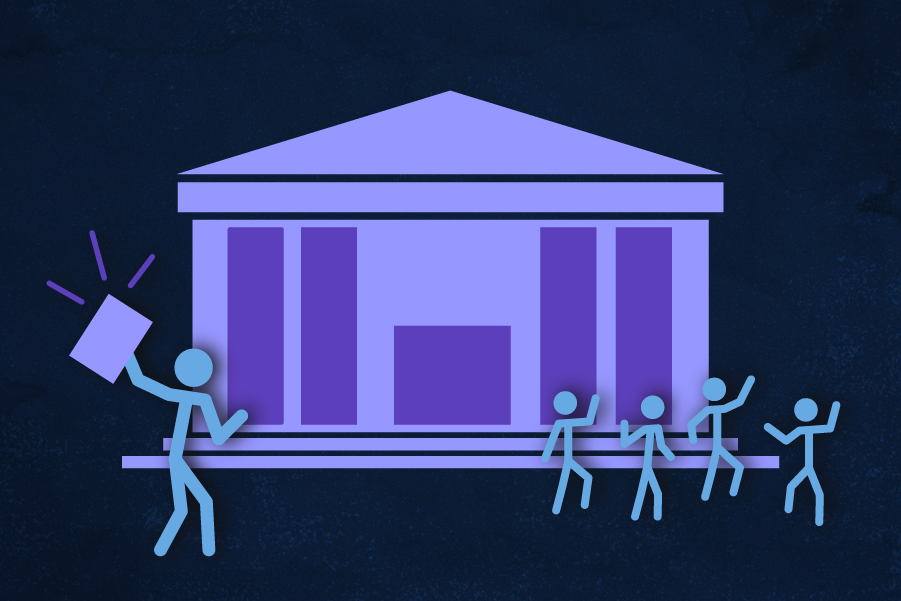AS THE Ateneo student strike amassed national attention, experts from outside the Ateneo community, Political Scientist Cleve Arguelles and Sociologist Athena “Ash” Presto weigh in on the protest and its impact on future youth movements.
Arguelles describes the strike coming from Ateneo as unusual for the University is perceived to be “secluded” from the general public. However, such movements are not unique to the Philippine context. He describes it as a “rediscovery” of confrontational tactics currently seen through pro-democracy movements in countries such as Thailand and Hong Kong, where young people resist authoritarian rule despite efforts to stifle dissent.
“Young people are less likely to be responsive to these threats… because they are less likely to have obligations or responsibilities [such as having a] family,” Arguelles explains. Despite this, he says that the student strike was badly received by the general public who remain supportive of the Duterte administration, as Ateneans were viewed as the “liberal elites” or dilawans that supporters renounce.
Similarly, Presto says that the government has always possessed a counterprogressive mindset in reaction to student movements, reinforcing the idea that students should remain in the classroom rather than engaging in civil society. “The government’s response just shows how it can delineate between the sectors who are able to make demands—and what demands these sectors can make,” she states.
Presto also insists that people should recognize students’ demands as another way of exercising their education, emphasizing that the current education system is neo-liberal where corporate employees are produced in lieu of citizens that would help change the country.
However, Arguelles argues that perceptions on education’s purpose differ among citizens, as society is composed of people who live in different generations and therefore have varying experiences. To illustrate, he mentions that professors may generally view education as an experience confined within the classroom, whereas students may view it as a holistic formation that is responsive to the developments around them.
The recent student strike petition is a clear example of an event that signals a renewed desire within students to bring change at the national level. Arguelles notes that the youth have realized that elections and other democratic processes are no longer enough.
With students continuing to rise against different faces of oppressions, confrontational youth movements should be seen for what it is—a symptom of democracy rather than an ailment.







